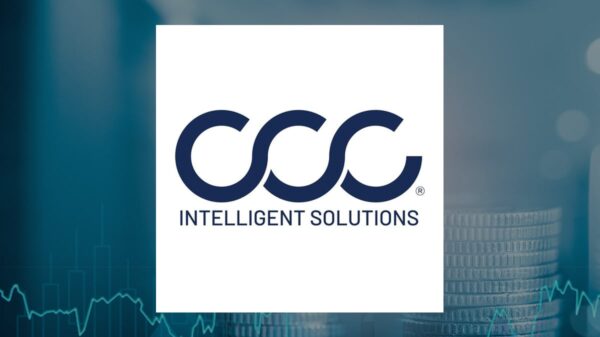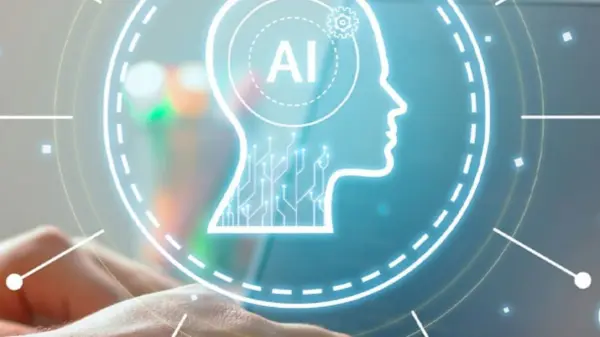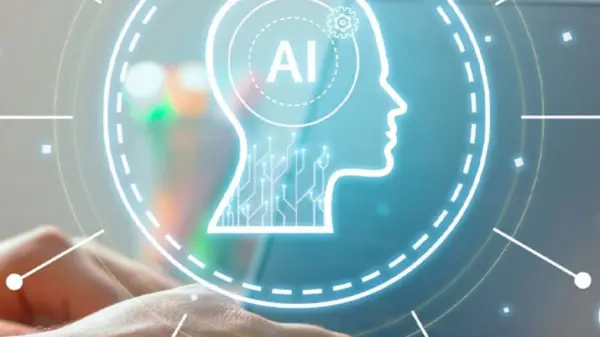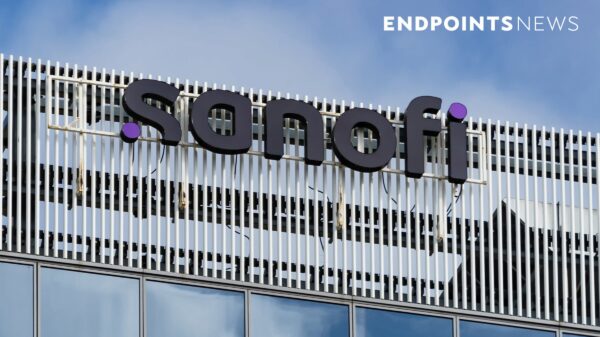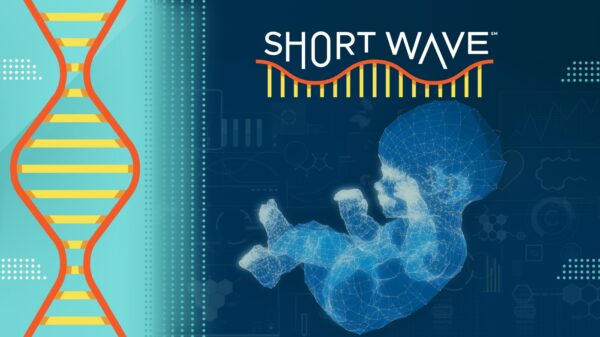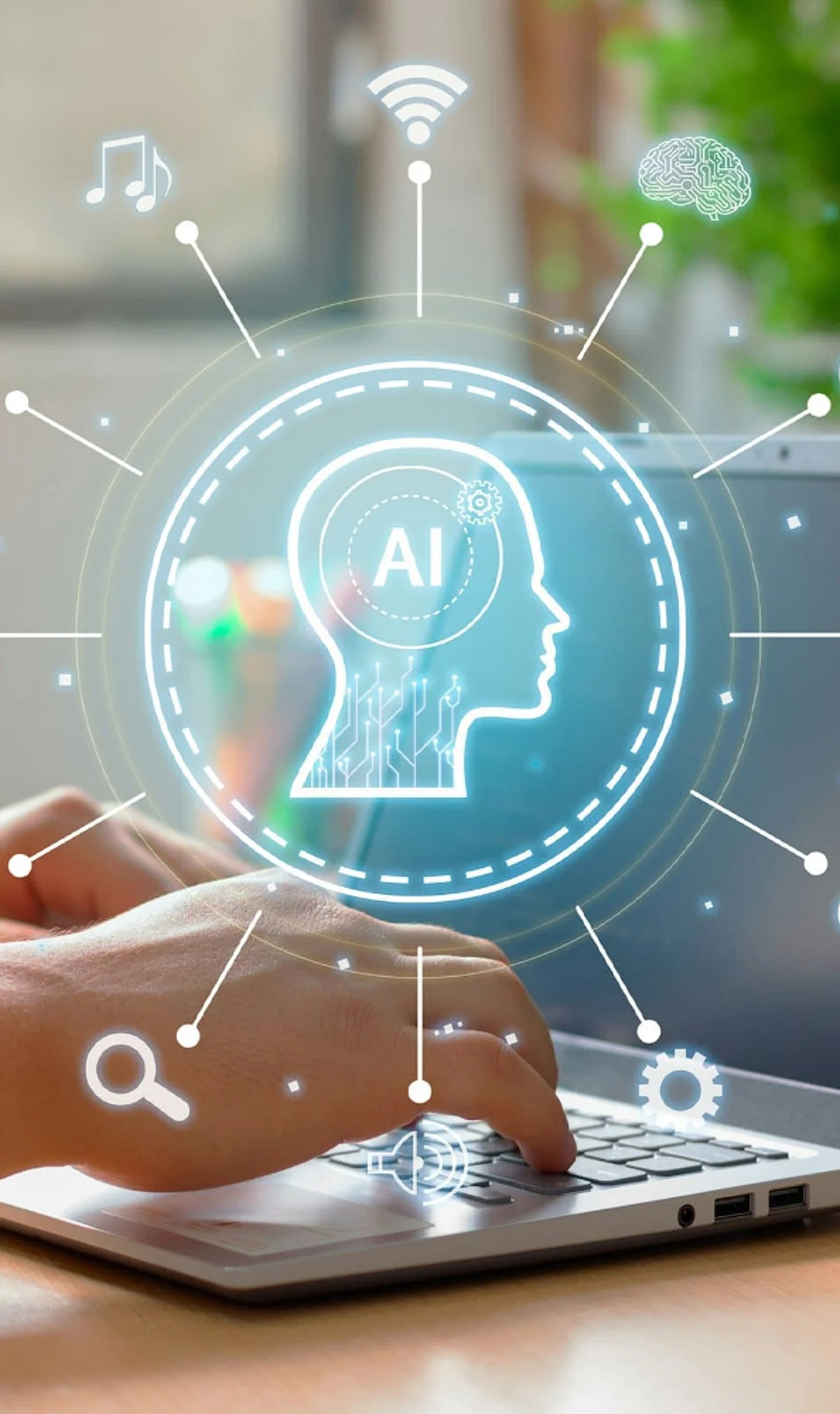Artificial Intelligence (AI) is fundamentally transforming the landscape of information technology as we move into 2025. Innovations in areas such as AIOps, edge computing, low-code platforms, cybersecurity, and quantum AI are not only reshaping existing tech trends but also redefining the future of work. Companies across the globe are rapidly adopting these technologies to enhance efficiency and stay competitive in an increasingly digital economy.
The emergence of AIOps has been particularly notable. By combining AI and machine learning with IT operations, organizations can manage large volumes of data and automate complex processes. This allows for faster decision-making and improved system reliability. According to a report by Gartner, the AIOps market is projected to reach $2.5 billion by 2025, indicating a significant investment trend among tech companies.
Edge Computing and Its Growing Importance
In parallel, edge computing is gaining traction as businesses seek to reduce latency and enhance data processing capabilities. This technology allows data to be processed closer to the source, rather than relying solely on centralized data centers. As IoT devices proliferate, the demand for edge computing solutions has surged. Analysts predict that the global edge computing market will exceed $30 billion by 2025. Companies like Amazon and Microsoft are investing heavily in this area, recognizing its potential to streamline operations and improve user experiences.
Low-code platforms have also emerged as a game-changer in software development. These tools enable users to create applications with minimal coding knowledge, thereby accelerating the development process. A recent study by Forrester indicates that the low-code development market is expected to grow to $21 billion by 2025. This shift not only empowers non-technical users but also allows IT teams to focus on more complex projects, driving innovation and efficiency.
Cybersecurity Challenges in the Age of AI
As AI technologies advance, so do the challenges associated with cybersecurity. The increasing sophistication of cyber threats necessitates robust security measures. Companies are investing in AI-driven cybersecurity solutions that can identify and mitigate risks in real time. According to Cybersecurity Ventures, global spending on cybersecurity is anticipated to reach $300 billion by 2025, reflecting the urgent need for enhanced protection against cyberattacks.
Quantum AI is another frontier that is beginning to take shape. This cutting-edge technology promises to revolutionize data processing by leveraging the principles of quantum mechanics. While still in its infancy, the potential applications are vast, from optimizing supply chains to enhancing machine learning algorithms. Experts suggest that by 2025, quantum AI could lead to breakthroughs that significantly impact various industries, including finance, healthcare, and logistics.
The integration of these technologies is not merely a trend; it represents a fundamental shift in how businesses operate. Organizations are increasingly recognizing the importance of AI in driving digital transformation and competitive advantage. As these technologies continue to evolve, the implications for the workforce are profound. Employees will need to adapt to a rapidly changing environment where continuous learning and technological fluency are essential.
In conclusion, the landscape of information technology is undergoing a seismic shift as AI and its associated technologies reshape how businesses operate and innovate. As we look ahead to 2025, the ongoing development of AIOps, edge computing, low-code platforms, cybersecurity measures, and quantum AI will undoubtedly play a critical role in defining the future of work and technology. Organizations that embrace these changes are likely to thrive in an increasingly competitive global market.















